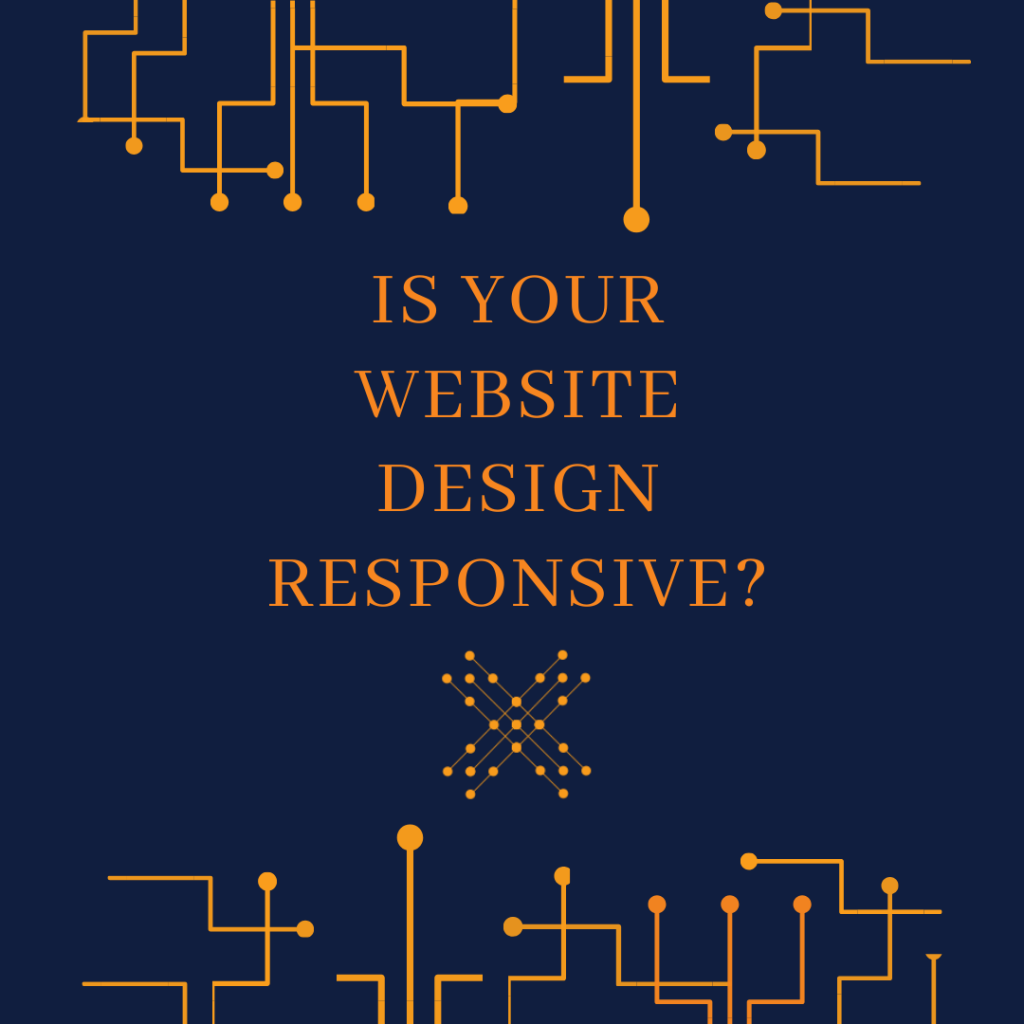


In 2021, your website’s structural make-up plays a more significant role in your ranking than ever before. Your website design needs to be as flexible as a contortionist, and stretch or contract to fit tablets, smartphones, desktops—whatever device that tries to access it.
Responsive website design is not an option. It’s a ranking requirement. It’s an SEO staple. In this blog, our in-house marketing experts spell out the case for responsive website design and tell you why your small business needs one.
Modern-day consumers need modern websites. Today’s average consumer accesses the web through all sorts of gizmos and gadgets. That means your website shouldn’t discriminate between iPhones or Androids, and it shouldn’t force the reader to pinch, zoom, and fumble with their touch screen.
The aim of responsive web design is to simplify the user’s experience. To do that, responsive websites are coded to automatically reconfigure their content into the best possible display. A responsive website will move, flex, and adapt its layout to fit every screen size so that they are easy-to-read and easy-to-use.
The whole point of Google’s ranking factors is to provide users with the most accurate search results. To do that, Google tracks not only what they’re searching but also how they’re searching.
Today, over half of online users conduct web searches from their phones. Put another way, if your website doesn’t fit mobile screens, you’re losing over 50% of potential traffic.
From an SEO standpoint, a user-friendly website is a mobile-friendly website, and Google knows it. Google started prioritizing mobile-friendly websites in 2016. Five years later, mobile-first indexing has only grown in importance.
If you want your website to rank, you want your website to be mobile-friendly.
By the way, if you’re unsure if your website is mobile-friendly or not, you can use Google’s free Mobile-Friendly Test.
Another element to surf-worthy website design is lightning-quick page speeds. Very simply, page speed is the length of time it takes for a webpage to load.
Page speed is vital to the user experience. The slower the page, the more likely the person gets frustrated and clicks away. It makes sense, then, that Google’s algorithm uses page speed as a ranking factor.
Solid responsive website design will account for page speed and will be specifically developed to compress and optimize content as fast as possible. There are a lot of ways you can optimize your site to shave crucial seconds and milliseconds off your load speeds, like caching and minification, but implementing them requires some coding know-how.
Thankfully, at LinkNow Media, our skilled, savvy web developers have built over 10 000 websites for small businesses across North America. We craft highly responsive, fast-loading sites that deliver a seamless user experience on any device. To find out how we can jumpstart your website’s responsiveness, leave us a comment below with your email address, or give our experts a call at 1-888-667-7186.
Share: